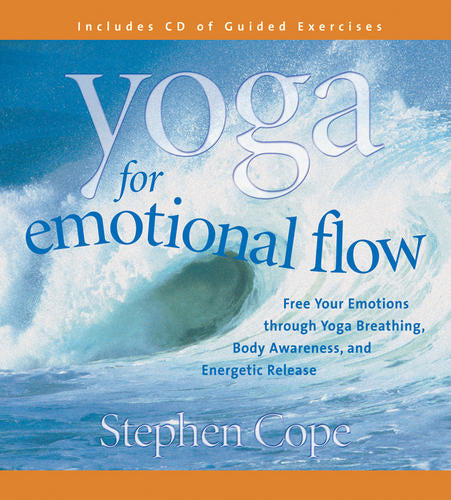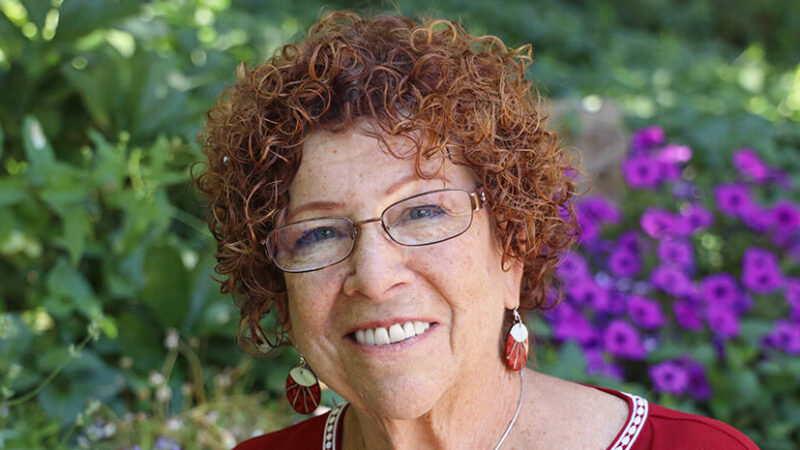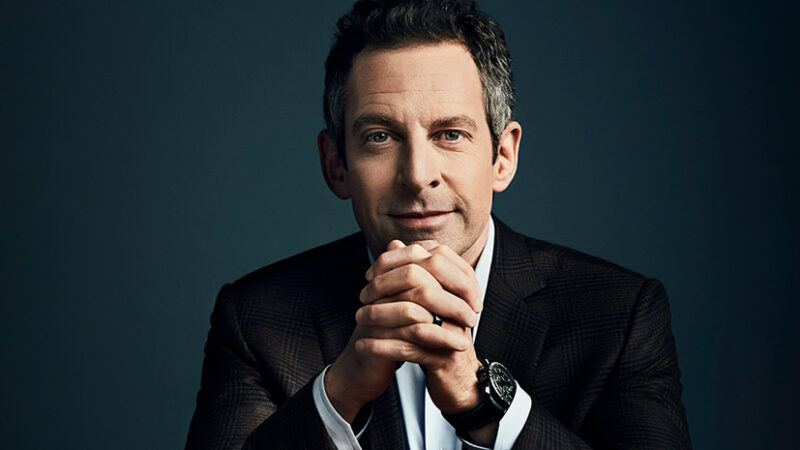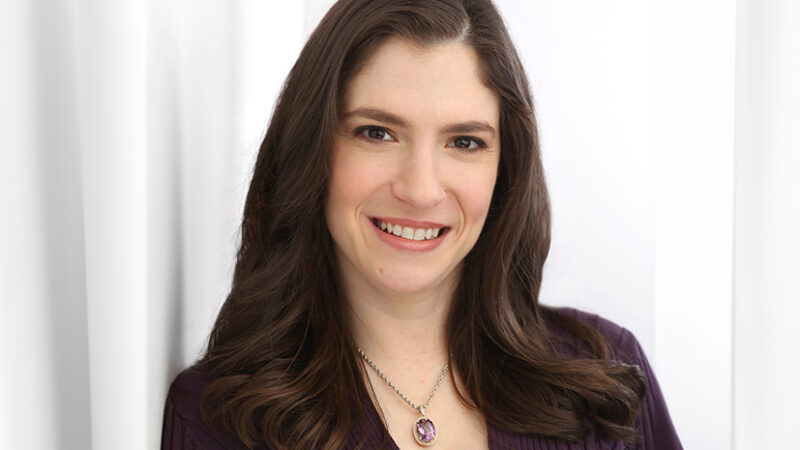Stephen Cope: Finding Your True Calling
Stephen Cope is the scholar emeritus at Kripalu Yoga Center and the director of the Kripalu Institute for Extraordinary Living, as well as the bestselling author of The Wisdom of Yoga and The Great Work of Your Life. With Sounds True, Stephen has produced an eight-week online course titled Your True Calling: Essential Teachings of Yoga to Find Your Path in the World. In this episode of Insights at the Edge, Tami Simon speaks with Stephen about discovering and living out your dharma—the true purpose of your life. They discuss the wisdom found in the Bhagavad Gita and the many ways this ancient parable can be applied to modern life. Stephen explains why “missing by an inch is the same as missing by a mile,” as well as why we need to decide what not to do in order to bring our gifts to life. Finally, Tami and Stephen talk about the concept of being a warrior and what this means as we bring our unique skills to bear in a world that needs them more than ever. (67 minutes)








